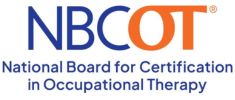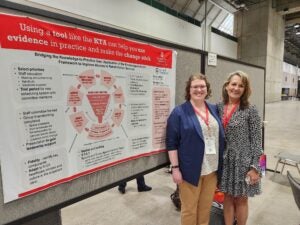- Info For
- Academics
- All Programs
- By Discipline
- Athletic Training
- Audiology
- Chiropractic
- Communication Science
- Counseling
- Emergency Medicine
- Health Informatics
- Nutrition
- Occupational Therapy
- Physical Therapy
- Physician Assistant Studies
- Prosthetics and Orthotics
- Rehabilitation Science
- Rehabilitation Technology
- Speech-Language Pathology
- Sports Science
- Sports Medicine
- Tuition and Scholarships
- Newsroom
- Community
- Research
- Events
- Request for Information
Occupational Therapy (OTD)
Format(s)
On-campus
On-campus
Degree Type
Doctor of Occupational Therapy
Doctor of Occupational Therapy
Duration
2 years and 8 months
(8 terms, including 2 summer terms)
Format(s)
On-campus
On-campus
Degree Type
Doctor of Occupational Therapy
Doctor of Occupational Therapy
Duration
2 years and 8 months
(8 terms, including 2 summer terms)
Home | Department of Occupational Therapy | Occupational Therapy (OTD)





